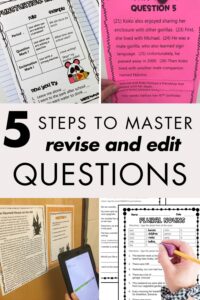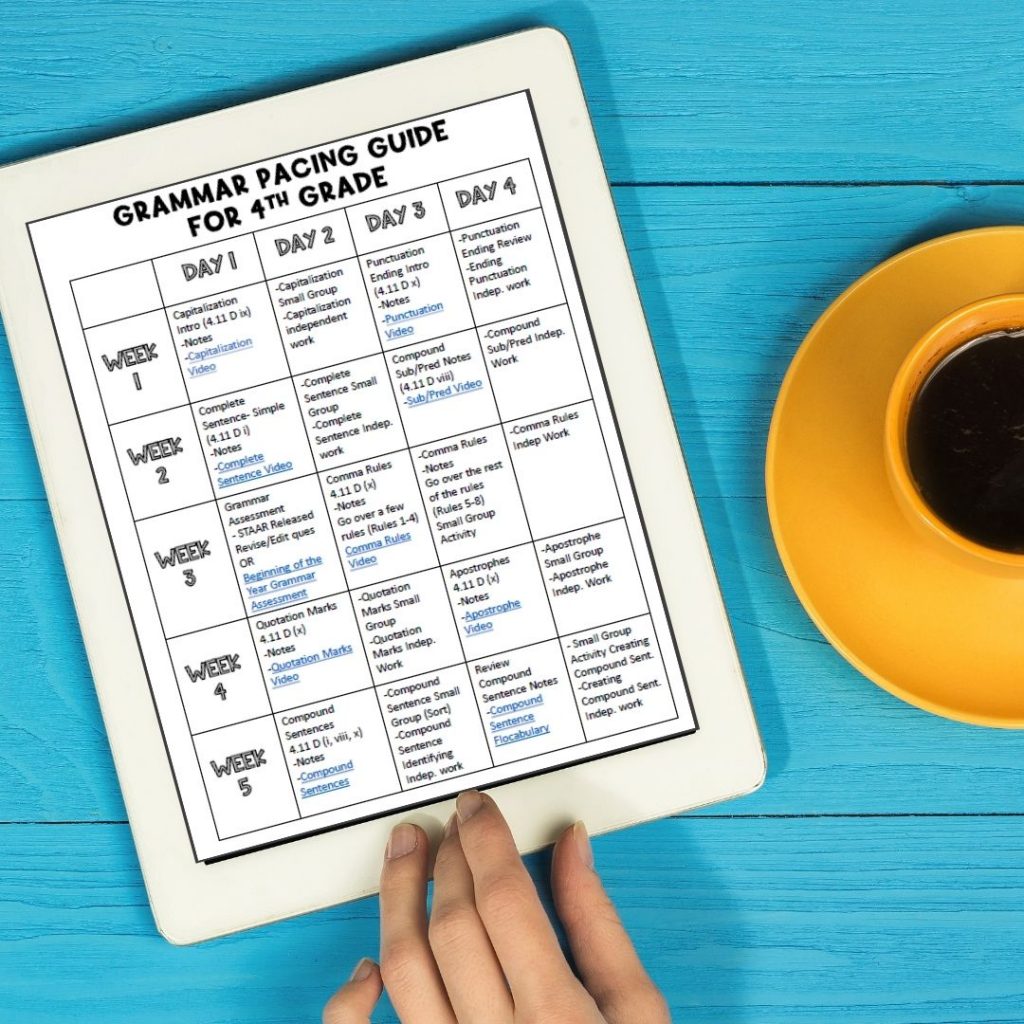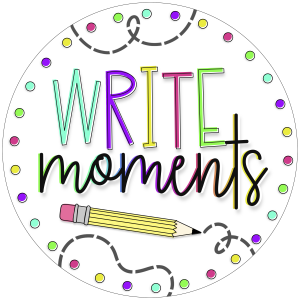Teaching reading genres in upper elementary doesn’t have to be boring. It can make students snooze if you just throw out the terms for them to memorize.
It’s important to get them involved in each genre, so they make memories with the stories you’re reading. Teaching reading genres in your upper elementary classroom can be easy with these tips.
Why Teach by Genres?
You may be wondering WHY teaching by genres is best for your upper elementary students.
First, it exposes students to a variety of books. For example, when I read aloud to students, I tend to pick realistic fiction. Now, when I teach by genres, I am forced to broaden my search for good quality books to read to my fourth graders.
Next, students are able to determine the differences in genres. Since they are immersed in a particular genre for several weeks, they are able to remember the characteristics of that genre. This includes the subgenres, not just fiction and nonfiction.
Finally, each genre that you teach lends itself to particular reading skills. Therefore, hitting every reading skill is easy.
For example, when reading fiction, go over character traits, plot diagrams, and summary. Then when you get to nonfiction, you can hit text features, text structures, and main idea/details.
If you’re looking for a resource to teach genres easily, these are ready to use slideshows and practice pages: Reading Genre Lessons and Activities are for you!
Mentor Texts
There are a wide range of mentor texts that go with each genre. Whether you’re looking for a novel or a picture book, you will definitely find a book to go with the specific genre you are teaching.
A few of my favorite finds include Breadcrumbs by Anne Ursu for traditional literature, From an Idea to Disney by Lowey Bundy Sichol for informational nonfiction, and Love that Dog By Sharon Creech for poetry.
As I read each book out loud to my students, I am able to weave in the reading skills that go with that genre.
Additionally, after I finish a book, students are excited to find more books in the series or by the same author for their independent reading.
Reading Notebook
Having your students keep a reading notebook divided into genres is a must!
As you introduce a reading skill, students will put in notes over that skill Then they can reference their notes throughout the year.
If you are looking for a complete reading notebook for upper elementary students, check out: Reading Notebook Bundle
Culminating Project
Having students complete a project after finishing a genre is a sure way to help your students remember everything that you taught.
Here are a few ideas for projects for each genre:
Fiction:
One pager– students create a one page reflection on a story read aloud or independently during the genre.
Plot Diagram– students create a plot diagram on one of the stories that they read
Book Talk– students talk about the main characters, plot, problem/solution, and much more in their book talk. They could also display this information in other ways as well.
Nonfiction :
Magazine project– students pick a topic, research it, and create a magazine over the topic
Biography project– students pick a person to research and create a display with the information they learned. Additionally, they could dress like the person.
Class newspaper– each student writes an article for the class newspaper over a similar topic (ex: zoo animals, planets, or landforms). One newspaper for the class is completed and sent home with every student.
As you can see, teaching reading genres in upper elementary isn’t as hard as you first thought. Finding the right read aloud, weaving in reading skills, and creating meaningful projects will make learning genres easy!
Check out my other blog posts on specific reading genres:
Resources to Teach Argumentative Text
Poetry Activities for Upper Elementary
5 Nonfiction Activities For Upper Elementary






